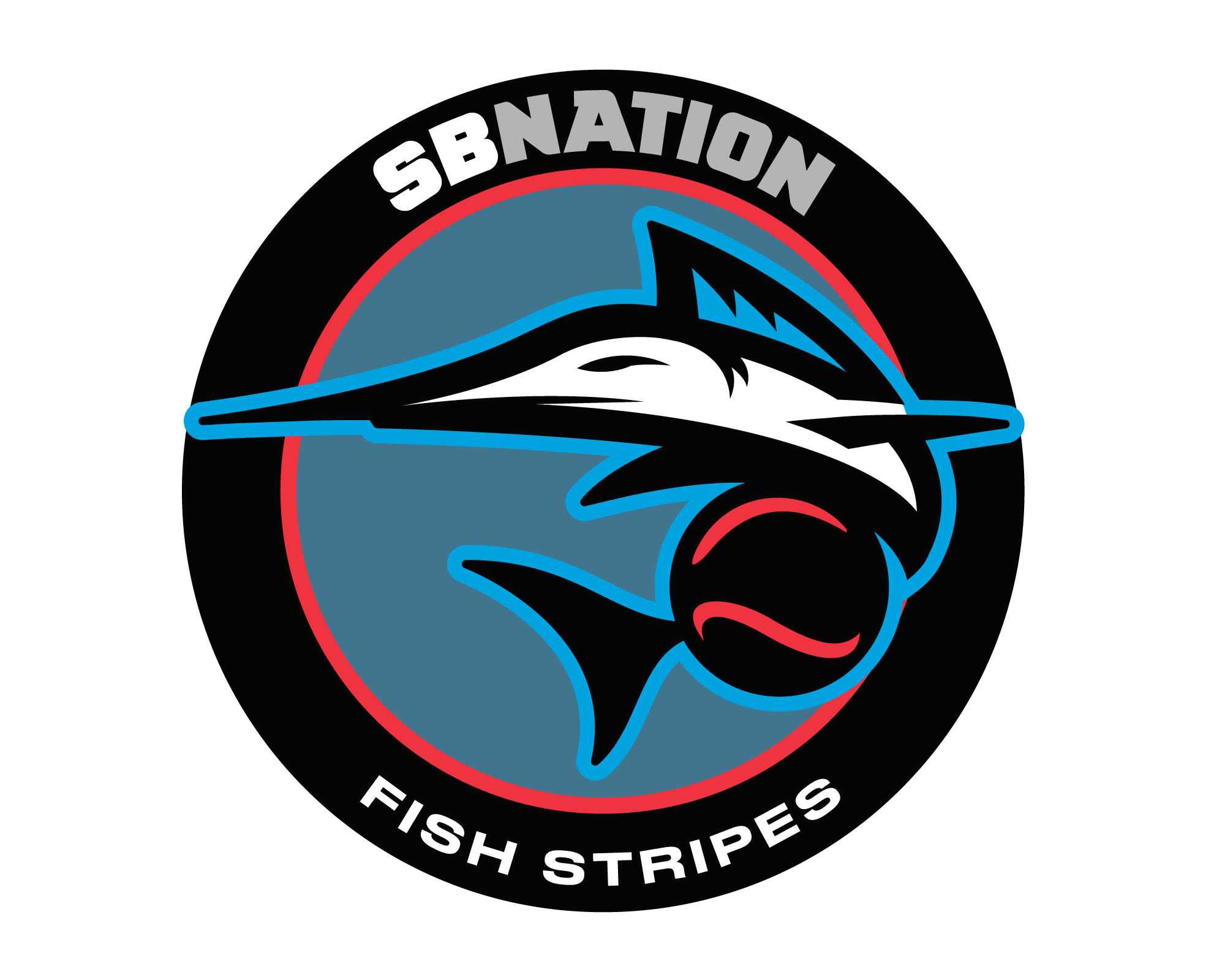The Miami Marlins have two essential directions they can take given their odd predicament in 2013. As mentioned earlier today, one of the potential routes the team can take is the one in which they acquire talent with their remaining $12 million budget in order to supplement the 2013 squad to respectability. Then in 2014, the Marlins can utilize their infusion of prospect talent, highlighted by the likely additions of top prospects Christian Yelich and Jose Fernandez, to propel them to potential contender status. The advantage of this plan is that it does not forfeit the 2013 season, thus not hurting the team's already tenuous relationship with the fan base.
But the problem with this plan is that, even with the Marlins making an addition or two with their modest remaining budget, the team will still not be in contention for the playoffs in 2013. Does making the Marlins a 75- or even 80-win team really help them in the long run, even when you include the effect of attendance into the equation? Would the Marlins be better off forgetting about fielding a "best product" in 2013 just to pick up a few extra wins if it is not the best move for the team in 2014 and beyond, when the club may actually be competitive?
The other argument for the Marlins is to essentially forfeit a competitive 2013 team in favor of trading their remaining short-term parts. This plan allows the 2013 year to go with essentially a weakened version of this current roster, primarily missing players like Josh Johnson and Ricky Nolasco. In return, the Marlins would want prospects who are close to ready for the majors and can fill some of the holes they have in the roster at the moment. Remember, the Marlins have empty slots in third base, second base, and one of two outfield spots, and it would be ideal for the team to use one of their remaining trade assets to fill one of those positions long-term rather than continue to bandage the spot with short-term options like incumbent infielder Donovan Solano.
This aspect of the plan is important because of the relative weakness of the 2013 free agent class. The Marlins are well aware that, when it comes to the infield, there is not much in the way of depth in this year's free agent class. Combine that with their modest $12 million availability and it is reasonable to ask whether the team can make impact signings that will remain useful through 2014 or 2015, when the next core will kick in alongside Giancarlo Stanton and Jose Reyes. Sure, Angel Pagan would not be a bad addition, for example, but is he a good use of $12 million a year over the next four or five seasons at his age? If the team has question marks about the free agents this year, even the deep outfield class, it may be worth passing on long-term offers. Remember, the team is coming off of a string of long-term signings and payroll additions in 2012, and one of them almost certainly was a failure. The Marlins may be more reticent to spend as a result of that.
The other important aspect regarding this trade is that the Marlins have questions about their remaining short-term trade assets, Josh Johnson and Ricky Nolasco. For the Fish, Nolasco is essentially a sunk cost, and it is unlikely they will be retaining him past this season or netting anything for him this year. But with Johnson, the team still has a decision to make with regards to how to deal with him. Keeping him through an empty 2013 season would be a mistake if the Marlins are not planning on signing him to a new contract when he becomes a free agent after the end of the year. If the Marlins are not looking to go long-term with Johnson, maybe it would be best to use his remaining trade value to garner future assets who could be ready to contribute at key positions when Yelich and Fernandez join Stanton and Reyes in the majors in 2014. This only theoretically sacrifices wins in 2013 while still building a competitive core for the future of the organization.
This plan allows the team to have team control over future assets who can be ready for when the team is truly competitive, rather than masking the club's deficiencies for a better, but still weak, 2013 season. Rather than giving up on the remaining assets the team has for a flicker of hope this season, the Marlins could truly build to the future by trading Johnson for future talent. In addition, a trade does not necessarily preclude a signing and may even open up even more room for the Marlins to try for a long-term deal with another player on the market who may be a surer bet at a higher salary. For example, the team could shed Johnson's salary, gain a future asset, and have enough money to be in the hunt for a premium starting pitcher like Zack Greinke.
While the latter may be an extreme example of what the Marlins would do should they trade Johnson and forego thoughts of respectability in 2013, the club may still undergo this general plan, especially if Johnson is not a part of the future of the organization. If the Marlins are uninterested in this year's free agent class and want to maximize their chances of winning starting in 2014, the team could pass on everything, trade Johnson, and build up for their potential window once the prospect reinforcements arrive the following season.
